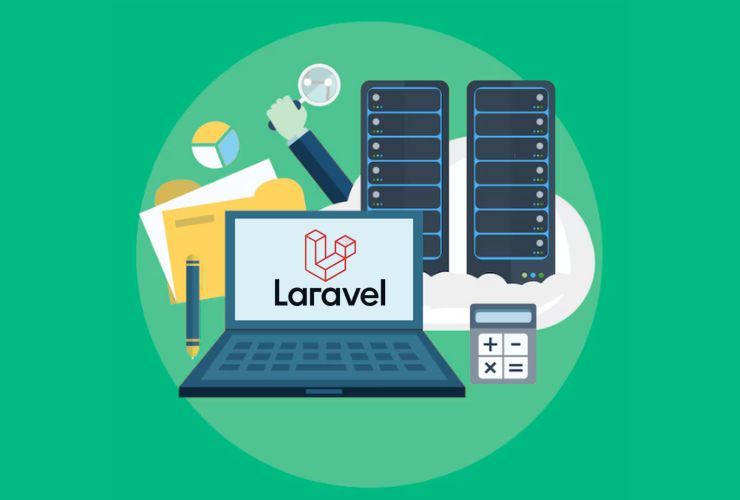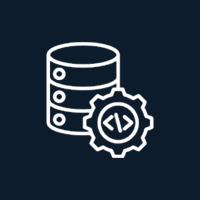Eloquent ORM in Laravel makes working with the database cleaner, easier, and even more expressive. It simplifies the complex queries so that developers may find an efficient way to manage and retrieve their data without having to deal with raw SQL. The following post will show how Eloquent can ease your effort at database management.
What is Eloquent ORM?
Eloquent ORM is an active record implementation for working with databases in Laravel. It lets developers interact with their database using PHP syntax, which eliminates the need to write raw SQL queries. Eloquent facilitates many types of database operations through a fluent and expressive interface while ensuring efficient query performance.
Why Eloquent ORM Stands Out
Eloquent is beyond an ORM; it’s a powerful tool for making interactions with a database much easier, providing for extra features to enhance performance and code maintainability. The main benefits are:
1. Simplicity and Elegance
This intuitive syntax of Eloquent makes working with database records easy and clean. It automatically replaces complicated SQL queries by letting developers interact with the database using models that directly represent tables in the database. As a result, not only is this readable code easier to write, but it is also very much easier to maintain in the long run.
2. Effortless Relationship Handling
One of the very impressive capabilities of Eloquent is how it makes relationships between tables a breeze. You could be dealing with one-to-one, one-to-many, or many-to-many situations, and Eloquent offers each of them some simple methods such as hasOne, hasMany, and belongsTo. With these methods, you can define your relations in the models, and you can retrieve related data without calling complex joins.
3. Active Record Design Pattern
The pattern of the Active Record is eloquent. This holds that every model within Laravel would have direct mapping to a table in your database. The pattern ensures the usage of simple method calls such as save(), update() and delete() for basic CRUD, or create, read, update, and delete functions. The result is therefore the absence of writing SQL queries for such operations, hence keeping your codebase cleaner and faster to develop.
4. Built-in Query Builder
Although raw SQL queries are still able to be used in Laravel, Eloquent is very highly empowered as a query builder. This query builder makes it easy for you to create composite queries without directly writing raw SQL. Therefore, with method chaining, you are able to filter, order, and paginate your results all in one clean line, readable. It’s not only easy to use but optimized for better performance.
5. Mass Assignment and Fillable Attributes
Eloquent also safeguards your models against mass assignment vulnerabilities, which is a popular security threat when working with databases. The fields that may fill up when in mass assignment for either record creation or updating are defined using fillable attributes within your model, thus keeping your application safe and reasonably free from attacks.
6. Database Migrations for Version Control
Eloquent integrates fabulously with Laravel’s migration system, enabling you to define your database schema in PHP. Migrations help make version control and distribution of database structure across various development environments easier. In that manner, regardless of whether working alone or with a team, your database schema stays consistent.
7. Eager Loading for Better Performance
The most common database performance issue is known as the N+1 query problem because every relationship causes the issuing of a separate query. Eloquent addresses this by loading in all the related data in a single query. This can often greatly improve the performance of your app when dealing with large datasets by reducing the number of database queries.
8. Soft Deletes for Data Recovery
Eloquent supports soft deletes, where you can “delete” a record without actually removing it from the database; instead, it adds a deleted_at timestamp to the record, and it will not appear in future queries. This is very useful for cases where you have to restore deleted data or for auditing.
9. Database Seeding and Factories
Eloquent integrates with Laravel’s seeding and factory features, which help you populate your database with fake data for testing and development. This can be incredibly useful when you need to quickly generate a set of records to test functionality or design features without manually entering data.
Why You Should Use Eloquent ORM
Eloquent enables developers to write better code by focusing on what matters—business logic—and abstracts out complex SQL queries. Eloquent’s syntax is, therefore, crystal clear and easy to implement fast. Support features include relationship, mass assignment protection, eager loading, and soft deletes.
Eloquent ORM by Laravel is supported by a really strong community and an active ecosystem so you can always rely on access to resources, support, and plugins for extending functionality. Whether developing a small app or implementing large-scale system, features provided by Eloquent will make database management super easy.
Conclusion
It’s more than an ORM; with such a powerful robust tool, Laravel’s Eloquent ORM makes database management easier, increases performance, and produces code that is cleaner and much more maintainable. By using features like relationship handling, query building, and soft deletes under the hood, developers will always save time and avoid errors by focusing on the real core application features. If you haven’t adopted Eloquent ORM in your Laravel projects yet, then it’s time to make the most of its capacities and cut down workflow waste of database management.;














